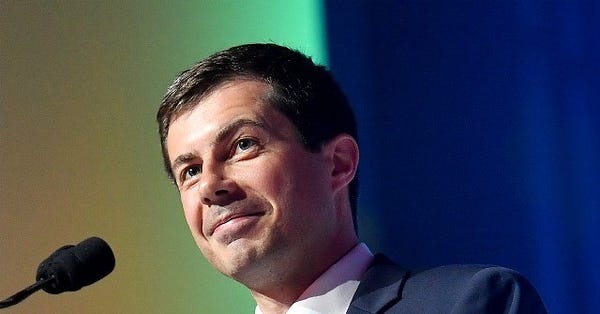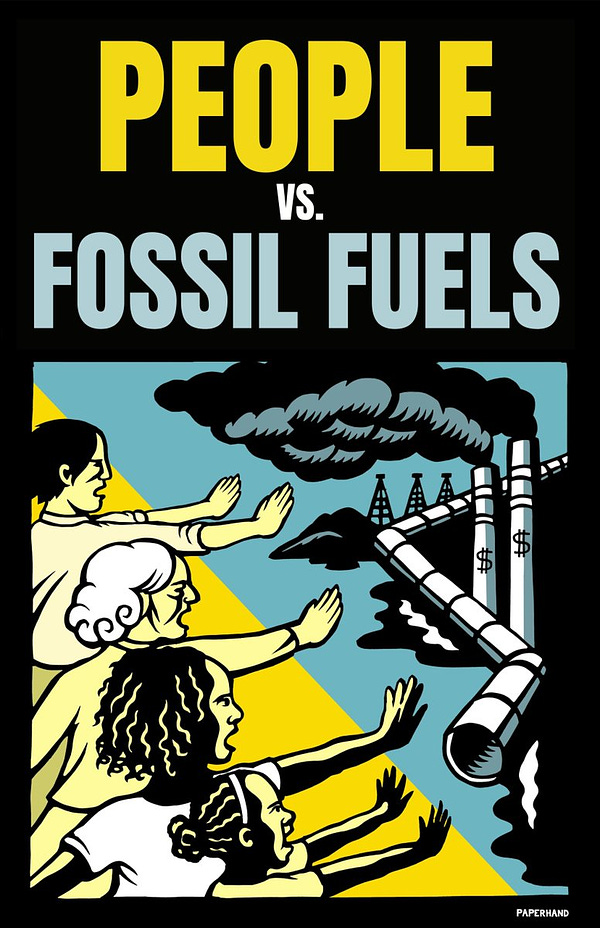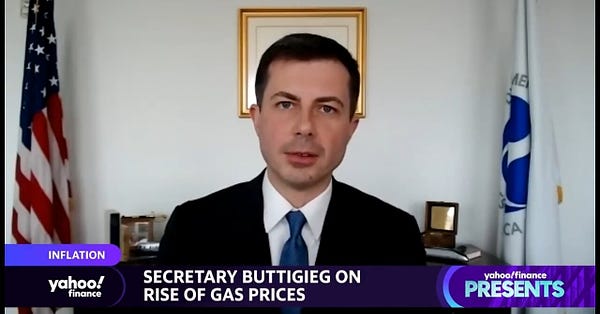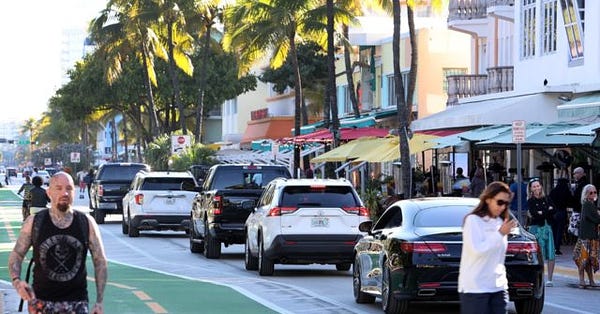There Will Always Be An Emergency - The Assault On Our Liberties Has Just Begun
At the heart of the debate over COVID-19 restrictions is the distinction between rights and privileges. For most of human history some supreme authority, – a king, a sultan, a class of aristocrats – has presumed to grant to the common people certain privileges. By definition, as privileges, they can be granted, and they can be taken away.
The American concept of liberty is built on something fundamentally different. We do not enjoy privileges. We have rights. They are enshrined in the Constitution, but they are given to us by our Creator. We do not have the right to free speech, because some ‘body of humans’ granted it to us. We were born with it, and it cannot be taken away.
For two years now powerful interests in this country have attempted to change this. They have used all the power at their discretion to convert our rights into privileges that can be taken away whenever the powers that be decide some “emergency” requires it.
The real danger therein is obvious. Once you have enshrined the principle that an “emergency” justifies the revocation of God-given rights, it requires only the declaration of an “emergency” to do it again. And again.
Once this would have seemed the stuff of bad dystopian science fiction. No longer. Now it is as real as it gets.
This week the International Energy Agency (IEA) proposed that all Western economies should impose measures to reduce the use of oil. These measures are required to deal with the “emergency” caused by rising fuel prices. They include:
1. Reducing speed limits on highways by at least 10 km/h.
2. Directing people to work from home up to three days a week. No word on what all those people who have jobs that actually require them to be on-site in restaurants, garages, laboratories, factories, etc. are supposed to do.
3. Decreeing car-free Sundays in cities. Presumably, this is based on the premise that everybody we really care about has Sunday off and lives somewhere other than a city.
4. Making the use of public transport cheaper and incentivizing micromobility, walking, and cycling. Leaving aside the fact that I literally have no idea what micromobility is, a very large number of Americans live in suburbs or rural areas not served by public transport, and those folks with two-hour commutes might find the whole walking to work thing a bit much, but presumably, all of the cool kids involved in drafting these proposals will be just fine.
5. Mandating alternate day private car access to roads in large cities. I guess this works fine for those folks who can continue working from home, but it is a little hard to see how the guy or gal who actually has to show up for work at the police department or the hospital every day is supposed to deal with only being able to commute every 48 hours.
6. Increase car-sharing and adopt practices to reduce fuel use. One wonders if the people who come up with these ideas have ever considered that coworkers do not necessarily live near each other. If I work 25 miles east of my home and my next-door neighbor works 25 miles west, how precisely are we supposed to share cars?
7. Promoting efficient driving for freight trucks and delivery of goods. Presumably, this is based on the assumption that freight delivery companies have no interest in making a profit and are currently delivering goods in the most expensive and wasteful manner possible.
8. Using high-speed and night trains instead of planes where possible. Many decades ago, the United States had a vast network of passenger trains. It was dismantled because cars and planes made it economically non-viable.
9. Avoiding business air travel where alternative options exist. The key here is that it won’t be you who decides whether or not those alternative options are viable.
10. Reinforcing the adoption of electric and more efficient vehicles. You may live in the country, need a pickup truck for work, and not be able to park your vehicle overnight every time your batteries go dead. No one cares. Move to the city and get a job with a liberal non-profit and fall in line.
Snarky comments aside, the real issue with these proposals obviously, is that the people who drafted this actually believe that they have the power to make these decisions for you. They decide where you live, what kind of car you drive, when you can drive it, how far, etc. There is an emergency you understand.
There will always be an emergency.
Lest you think a proposal from the International Energy Agency is unlikely to make much of an impact here in the States, let’s take stock of all the things our Transportation Secretary has already proposed in regard to restrictions on driving:
Taxing you on how many miles you drive.


Telling you to replace your vehicle with an electric one.
Raising airline ticket prices.
Telling you to take the bus.
More bike lanes.
More bus lanes.
Lower speed limits.
Subsidizing trains.


And it isn’t just the Boy Wonder Buttigieg who has these ideas. At least a dozen states are pushing the federal government to phase out all gas-powered vehicles. Several states are proceeding on their own to do so. Don’t know how you will be able to work or maintain your business once that happens? That’s your problem.



Power-hungry politicians and bureaucrats have glimpsed the Promised Land. Declare an emergency and suddenly the Bill of Rights and the Constitution mean nothing. No need for a Congress. No need to consult the rabble.
Presidents and Governors are now Kings and Queens. New laws are winked into existence with the stroke of a pen. It is all far too good to give up. Democracy is far too messy and slow.
If you thought this was ending with the dropping of mask mandates, you were sadly mistaken. The assault on our liberties has just begun.







